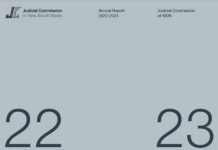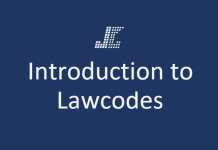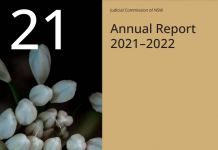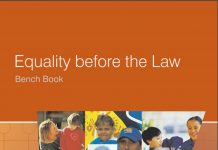Section 2 — Aboriginal people
This chapter has been significantly revised, with updated cases, statistics and new sections as detailed below.
The legacy of historic dispossession and dislocation from country, culture and family, increasingly acknowledged and characterised in medico-legal literature and governmental policy as intergenerational trauma, is set out at 2.2.2. This section also discusses the Uluru Statement from the Heart, which has called for a constitutionally enshrined First Nations voice to federal Parliament and a Makarrata Commission to oversee agreement-making between First Nations people with federal and State Governments and to provide a forum for truth telling about history. The discussion on cultural differences has also been updated.
A discussion on the National Framework to improve accessibility to Australian courts for Aboriginal and Torres Strait islander women and migrant and refugee women as been added at 2.2.4 and a discussion on the Justice Reinvestment pilot and the NSW State Government’s OCHRE plan at 2.2.5.
The case of Goodrich Aerospace Pty Ltd v Arsic (2006) 66 NSWLR 186, in particular at [21]–[27], which held that great care must be exercised in making demeanour findings where a witness is from a different cultural or ethnic background to that with which the trial judge is familiar has been added at 2.3.3.3.
The case of Re Estate Jerrard, Deceased (2018) 97 NSWLR 1106, which held that the Indigenous concept of “family” is important, if not decisive, in determining “the laws, customs, traditions and practices” of an Indigenous community, has been added at 2.3.5 — Indigenous estate distribution orders.
At 2.3.9 — The Fernando principles, the recent decision R v Irwin [2019] NSWCCA 113 has been added, where the court held that it is not necessary to require a causal link between a background of social deprivation and abuse and the offending behaviour as a necessary condition to permit mitigation of sentence: at [116].










